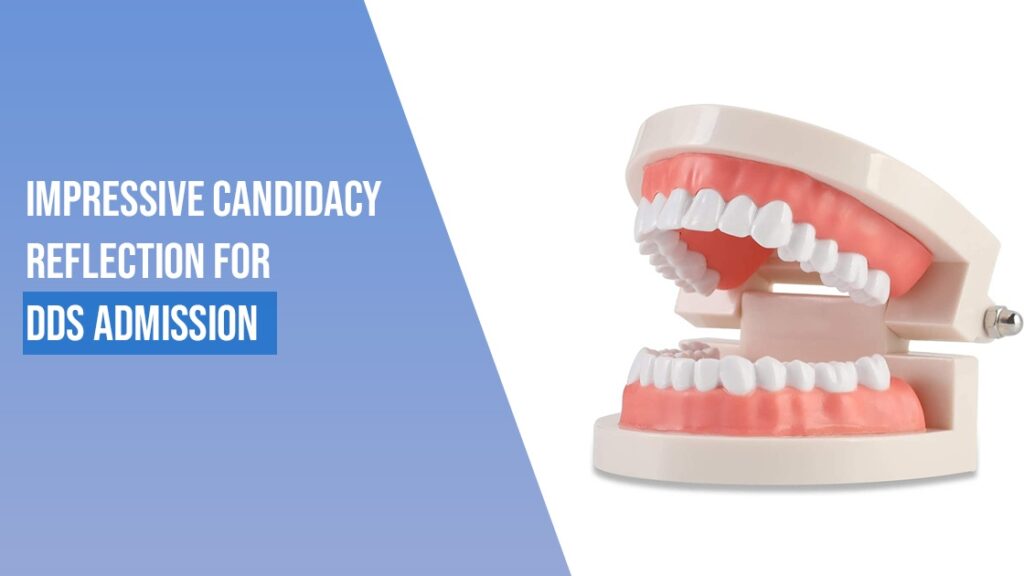Many foreign-trained dentists aspire to practice dentistry in the United States for various reasons, including pursuing an advanced international dental program. Undergoing two years of dental school training and then applying for licensure are the required steps. Once the training is complete, the graduated dentist is eligible to practice in any state in the U.S. Going back to school provides the dentist with enhanced clinical knowledge of U.S. dentistry and a better understanding of U.S. healthcare.
If you have been exploring this path for some time, this blog is for you.
Now that you are ready to kickstart your journey for the international dental program, we have a few things we want you to think through. First, have you asked yourself this question – “Do I want to move to a new country and practice dentistry?” Make sure your heart lies in this! A lot of times, we end up following the crowd without knowing where we are advancing. Thorough research of the finances involved, family, motivation to study all over again, exploring a new culture and trying to adjust to it, etc., are required. Ask yourself these questions early on and understand if you have the drive to pursue this route. It will be tough to succeed if you are in doubt, regardless of your academic record.
Once you have crossed the first stage, there is no looking back. Getting into an international dental program is not a cakewalk for everyone and is way more competitive than other programs.
Mentioned below are a few steps to be considered while applying for an international dental program :
- Do extensive research, join social media platforms, and get in touch with current international dental program students or alumni to learn more about their particular programs and school experiences.
- Decide precisely which schools to apply to and research those schools well.
- Apply to as many programs as you’re eligible for and try to send applications early on in the cycle.
- Figure out which school or schools would be your best fit.
- On average, an international dental program candidate applies to 8 schools.
Do you need specific qualities to succeed?
The answer is yes and no. While all candidates with diverse profiles are welcome, being successful without particular attributes can be challenging. The good news is that it is possible to work on these and incorporate them into you.
- Perseverance, persistence, and resilience are essential attributes that resonate with candidates who have succeeded.
- Approach this process with enthusiasm.
- Present yourself to be as balanced and well-rounded in your applications and during interviews.
- Do what it takes to make you stand out from the group.
While your GPA and academic standing play a huge role, there are so many other factors. Schools look at you as a whole package.
- Working as a licensed dentist – Your exposure to the profession (as a dentist/ dental assistant) shows that you continuously improve your dental skills and patient care techniques.
- Community service – Dentistry is a service-focused profession, and dental school admission officers are looking for applicants who are committed to serving their communities for a lifetime. They even encourage students to find something they are passionate about and use their time wisely to make a difference in their community.
- Life experiences – Schools want to know, “How have you dealt with failures in the past?”, “Are you resilient?”, “What makes you unique?”. Giving the schools an overview of your unique story through your Personal Statement or during your interviews is encouraged. There is a fragile line between sharing what is essential and sharing something too personal. Just listen to your heart here, ask a few people you trust for feedback, and go for it!
- Personal Statement – The goal of the Personal Statement is to get the admissions committee interested in you as a person. It helps admissions representatives understand who you are, your unique experiences, and why you chose to become a dentist.
- Recommendation letters – It is an essential part of the documentation to support your application for admission to dental school. Recommendation letters provide insight into you as a student and a person from the perspective of someone who has worked closely with you during your school and career.
- Certificate Programs or Advanced degrees – To show evidence that you will be able to cope with the International program’s rigorous curriculum, pursuing an advanced program is beneficial. It also shows that you’re a continuous learner!
- Research experience – Some dental schools prefer applicants with research experience. They firmly believe that an education colored by research is one way of achieving the intellectual rigor necessary for the professional.
Even though the whole process may seem overwhelming sometimes, take assurance that it is all worth it. The day you receive an acceptance letter from your top choice school and the day you graduate, you will be able to understand what we mean.
Author: Dr.Nikita
Clinical Director, Caapid Simplified
Also read : Master’s in Oral Health Sciences


